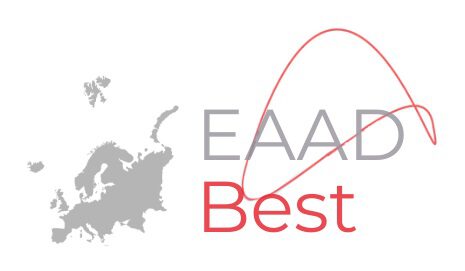
Community-based Interventions Targeting Depression and Suicidal Behaviour
The European Alliance Against Depression (EAAD) organized a one-day Stakeholder Meeting on Community-based Interventions Targeting Depression and Suicidal Behavior on the 27th of April 2023 in Brussels. The aim of the event, supported by the European Union project EAAD-Best, was to foster the exchange of experiences and knowledge related to depression treatment strategies and the prevention of suicidal behavior among European stakeholders. We welcomed many civil and society organisations, foundations and associations to the event, since preventing depression and suicidal behavior is a complex task that goes beyond the boundaries of healthcare and requires global attention.
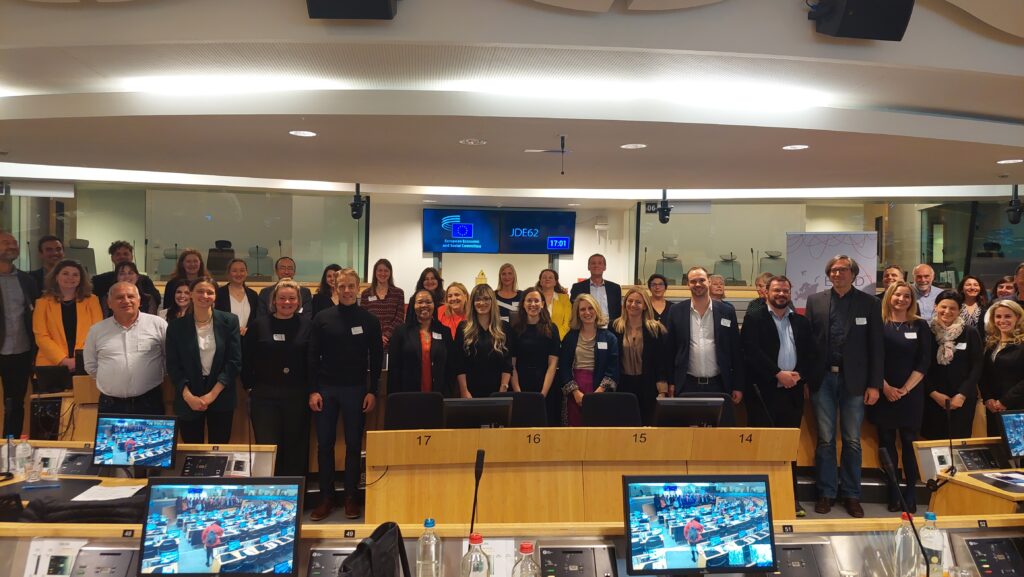
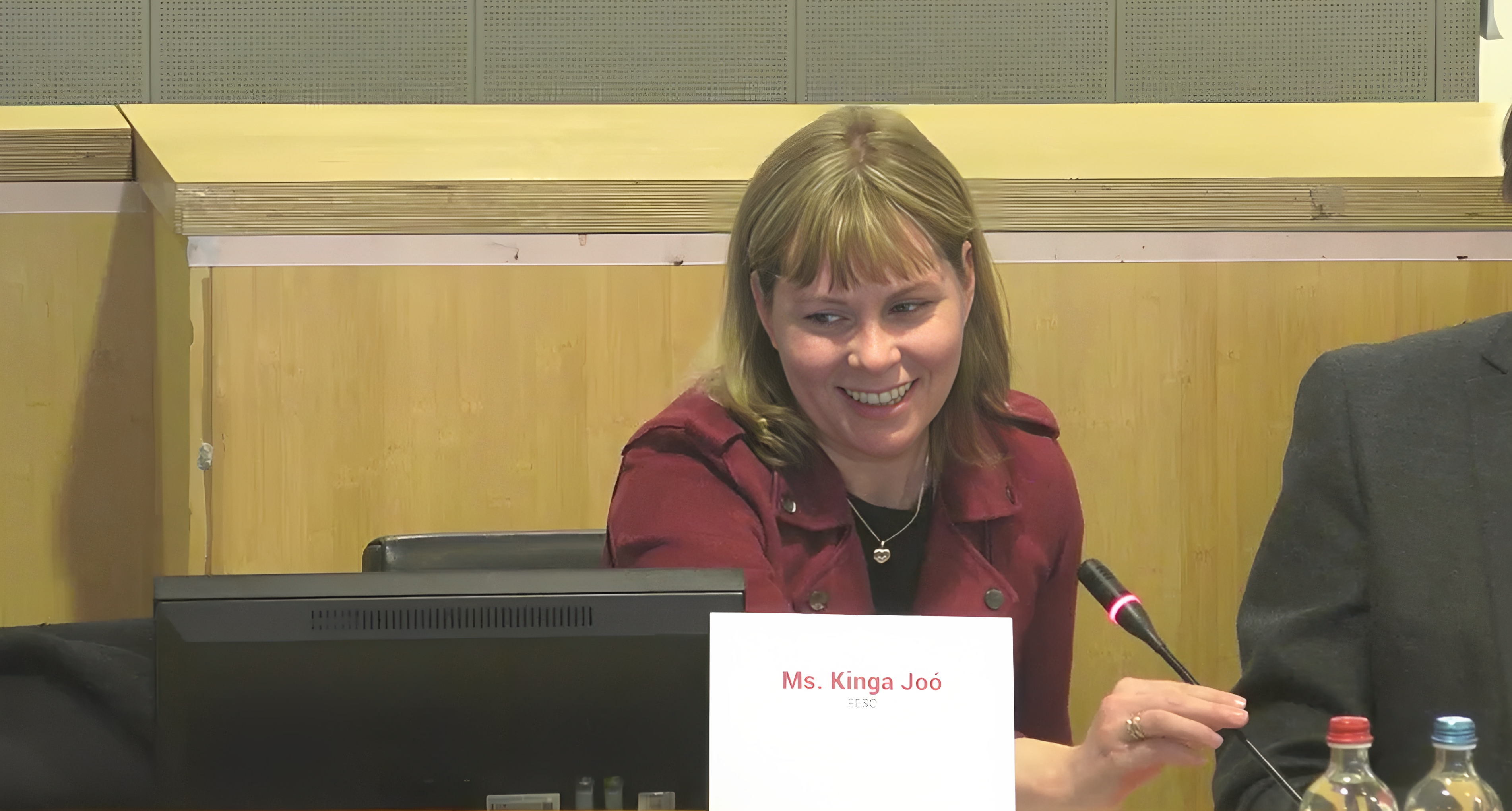
The conference was opened by Kinga Joó, Hungarian Member of the European Economic and Social Committee (EESC), and Yvette Azzopardi, representative of DG Sante, who welcomed the participants. Keynote speakers included Prof. Dr.Ulrich Hegerl, President of EAAD, who discussed the significant European challenges concerning depression and suicidal behavior. Prof. Ella Arensman, Vice President of the organisation, presented the EAAD's 4-level intervention concept, which has received widespread recognition from both the scientific community and policy makers.
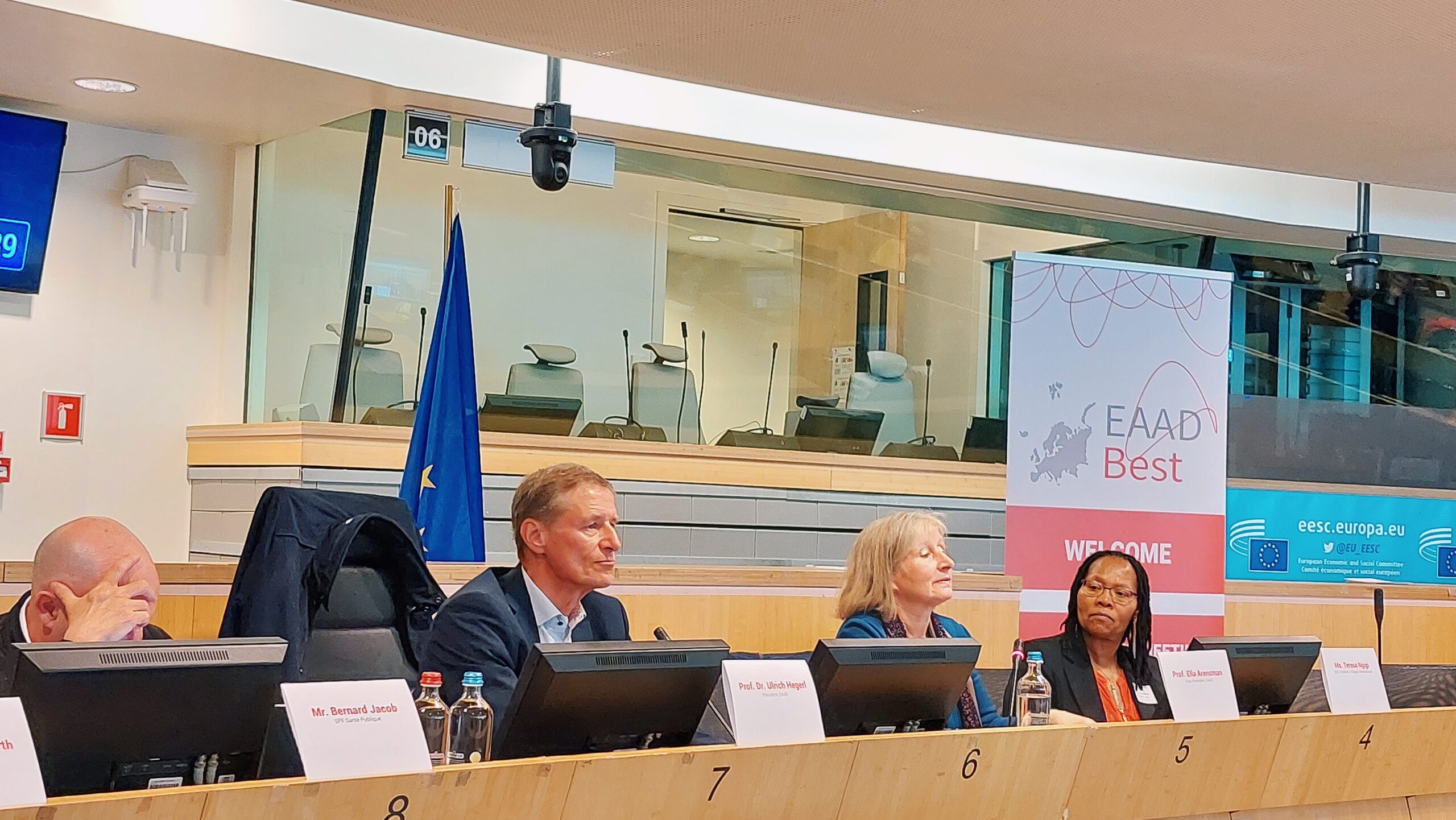
Several representatives from different organisations presented effective community-based interventions. Mag. Alexander Grabenhofer-Eggberth, representing Gesundheit Österreich, presented the SUPRA programme in Austria, which has significantly reduced the prevalence of suicidal behaviour and effectively raised public and political awareness. Bernard Jacob from SPF Santé Publique demonstrated how reorganization and innovative approaches in Belgium have helped to better identify and address mental health issues at community level. Teresa Ngigi, a representative of SOS Children's Villages Italy, presented their work and discussed efforts to prevent depression and suicidal behavior in challenging environments.
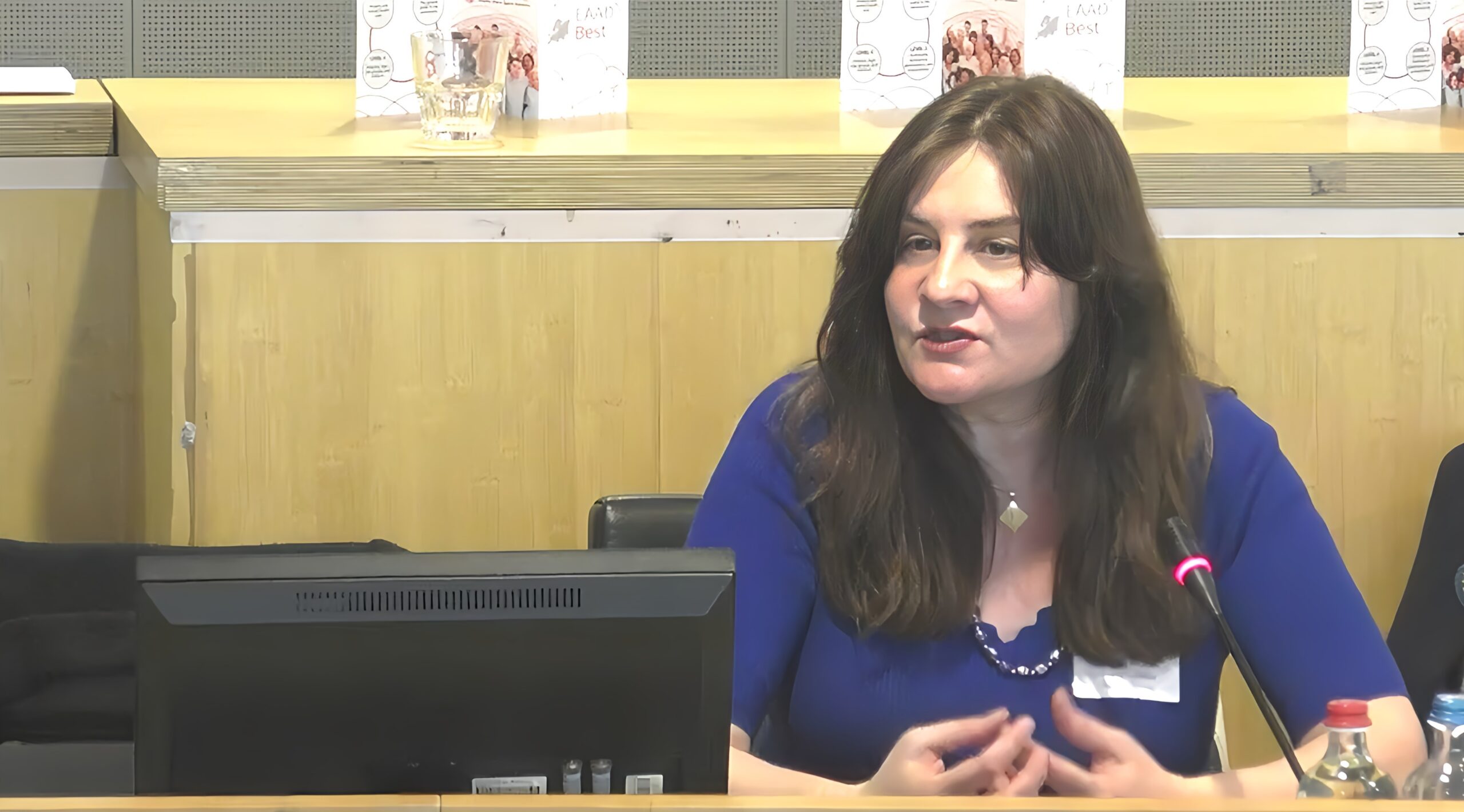
Prof. Lina Gega, professor at the University of York, introduced a new approach to treating depression in children and adolescents, explaining that a simpler intervention called Behavioral Activation (BA) can be as effective as cognitive behavioural therapy (CBT) in treating depression in young people. Janine Zehner from the German Foundation for Depression and Suicide Prevention, spoke about the media's crucial role of the media in preventing and triggering depression and suicidal behavior. She gave an insight into the work of the foundation in Germany and offered advice on how non-governmental organisations should manage their social media pages.
During the first panel discussion of the event, leaders of organisations implementing community-based interventions exchanged ideas and experiences and shared key lessons learned from their work. In the second panel discussion and the final part of the event, prominent representatives and members of EAAD and other umbrella organisations debated how to integrate best practises for depression and suicide prevention and management across Europe.
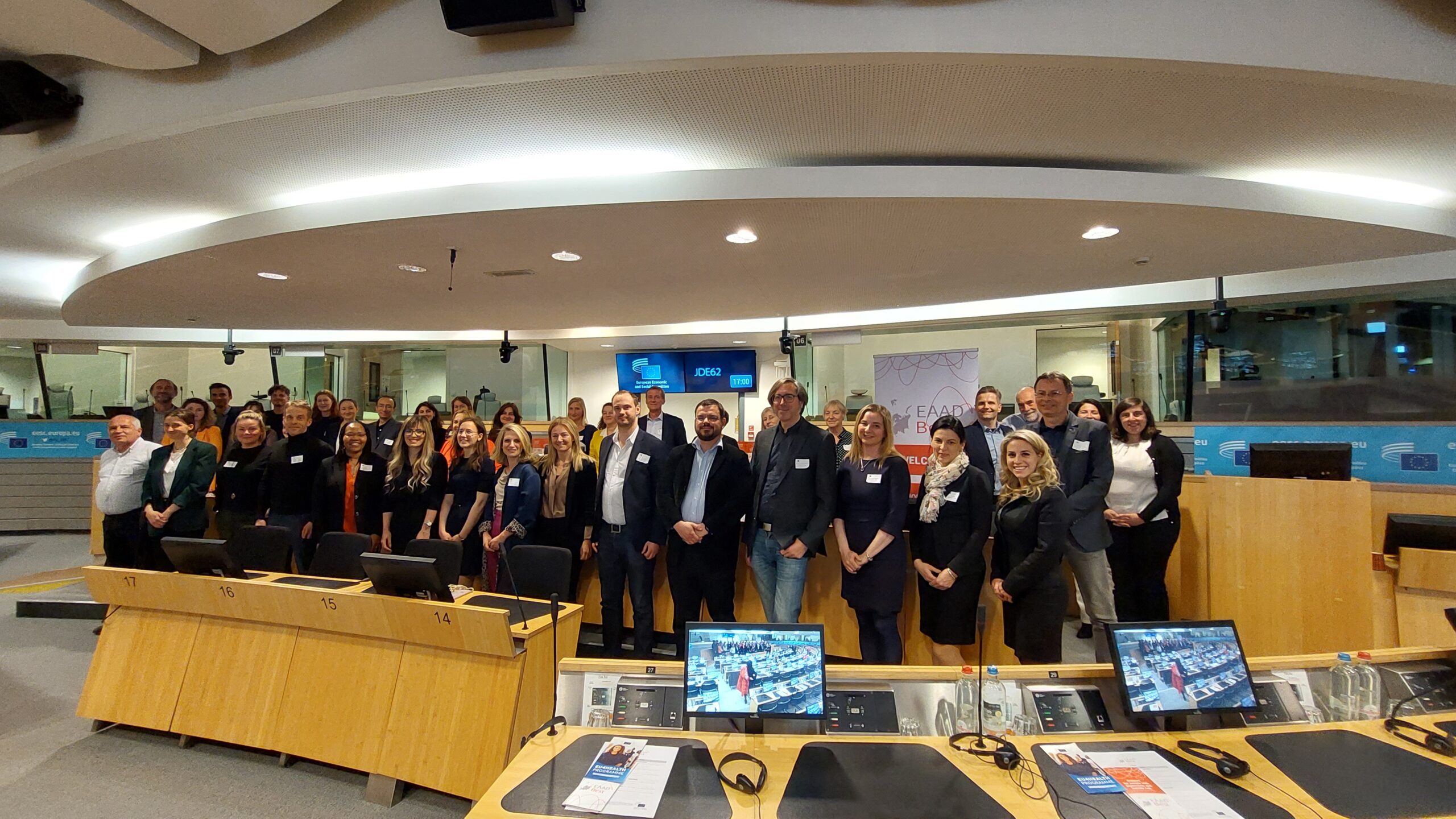
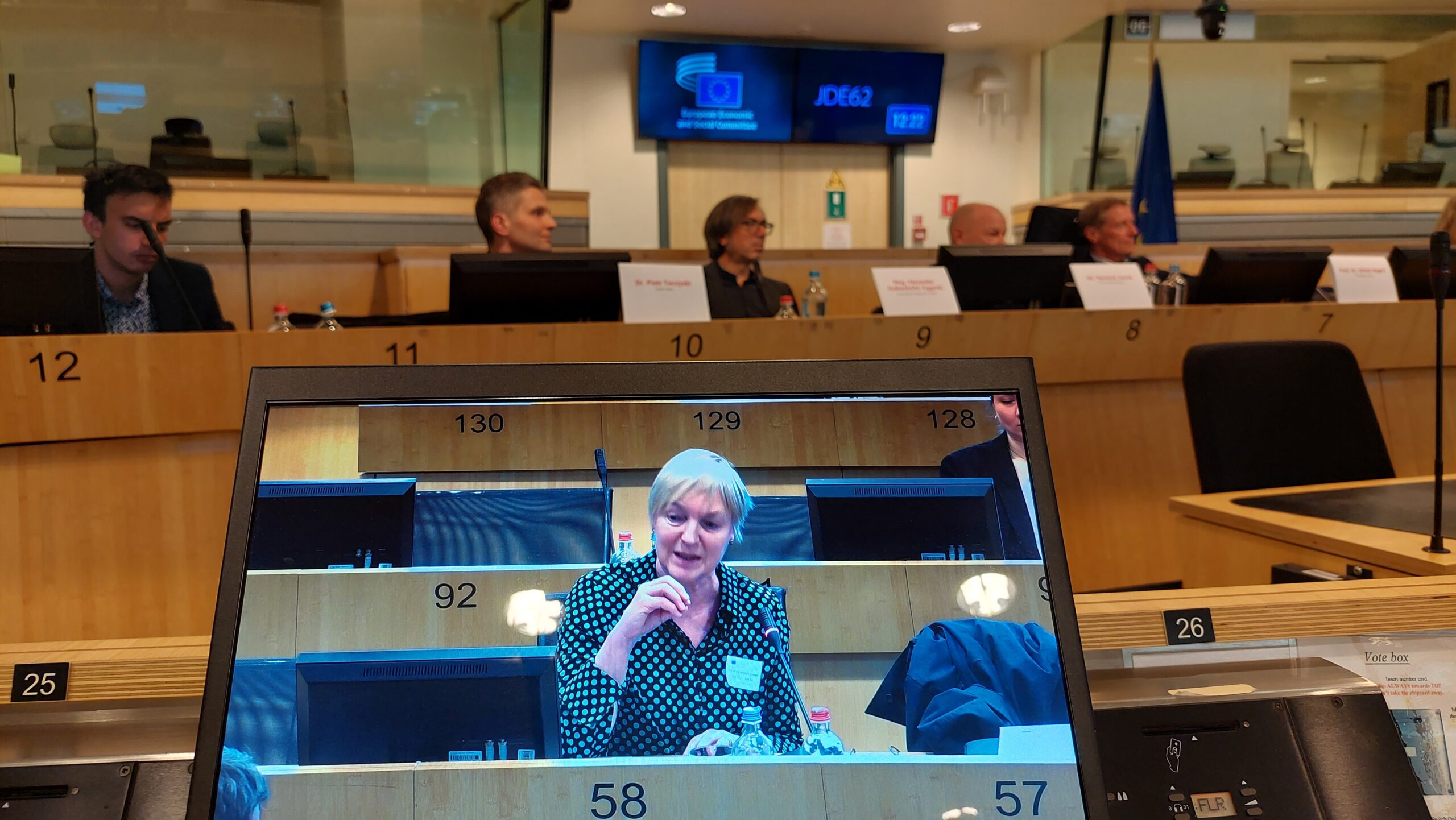
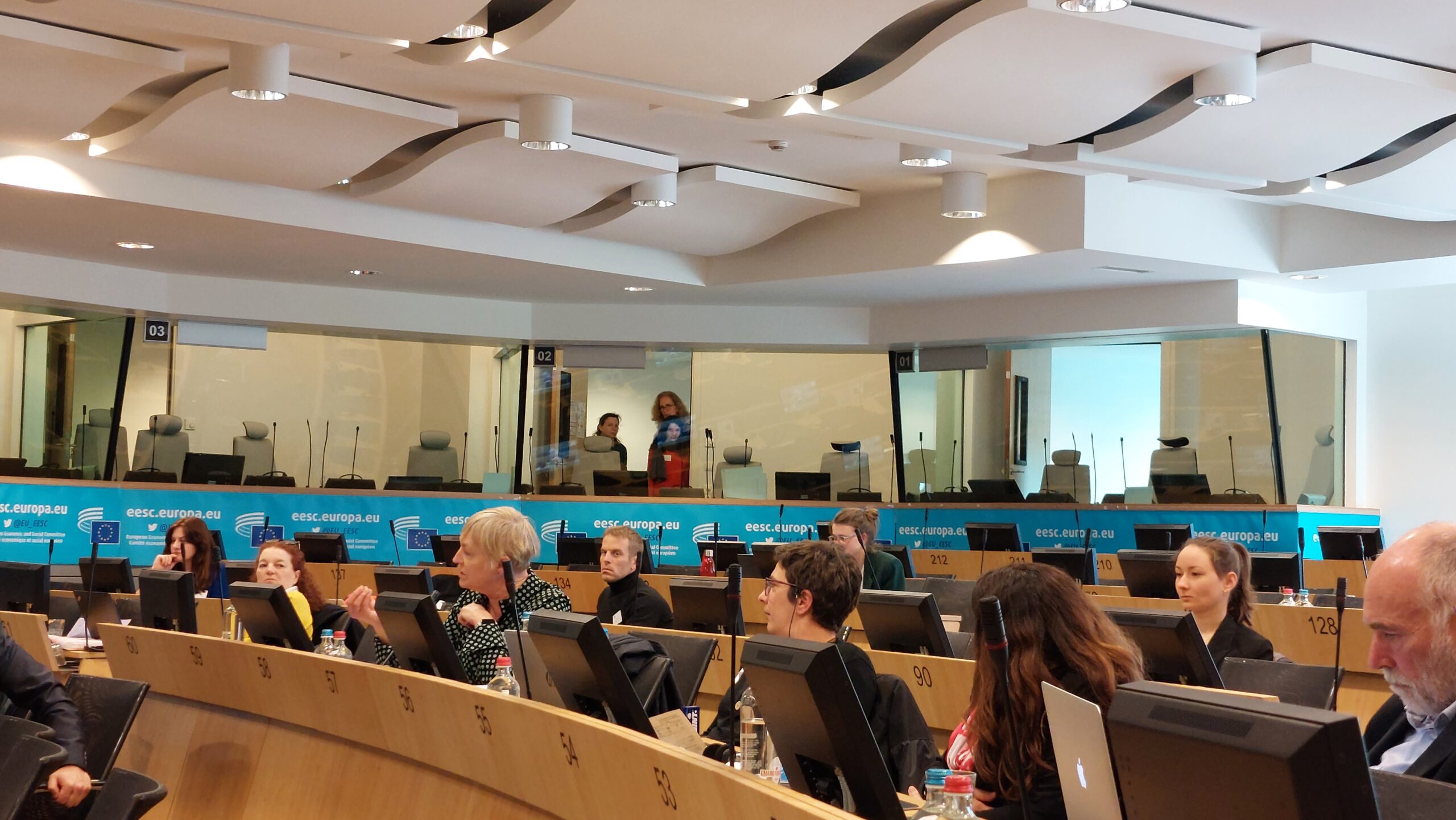
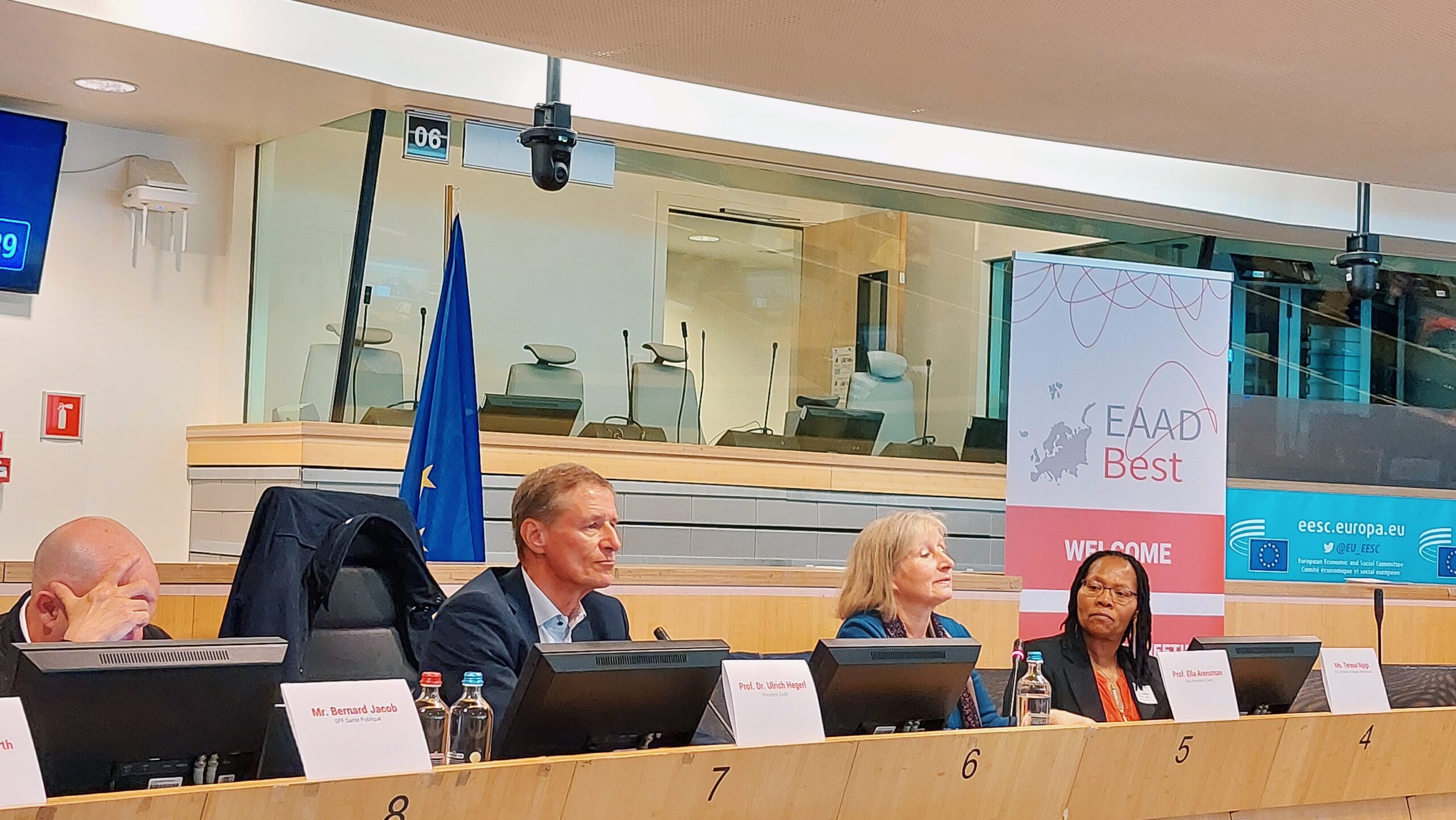
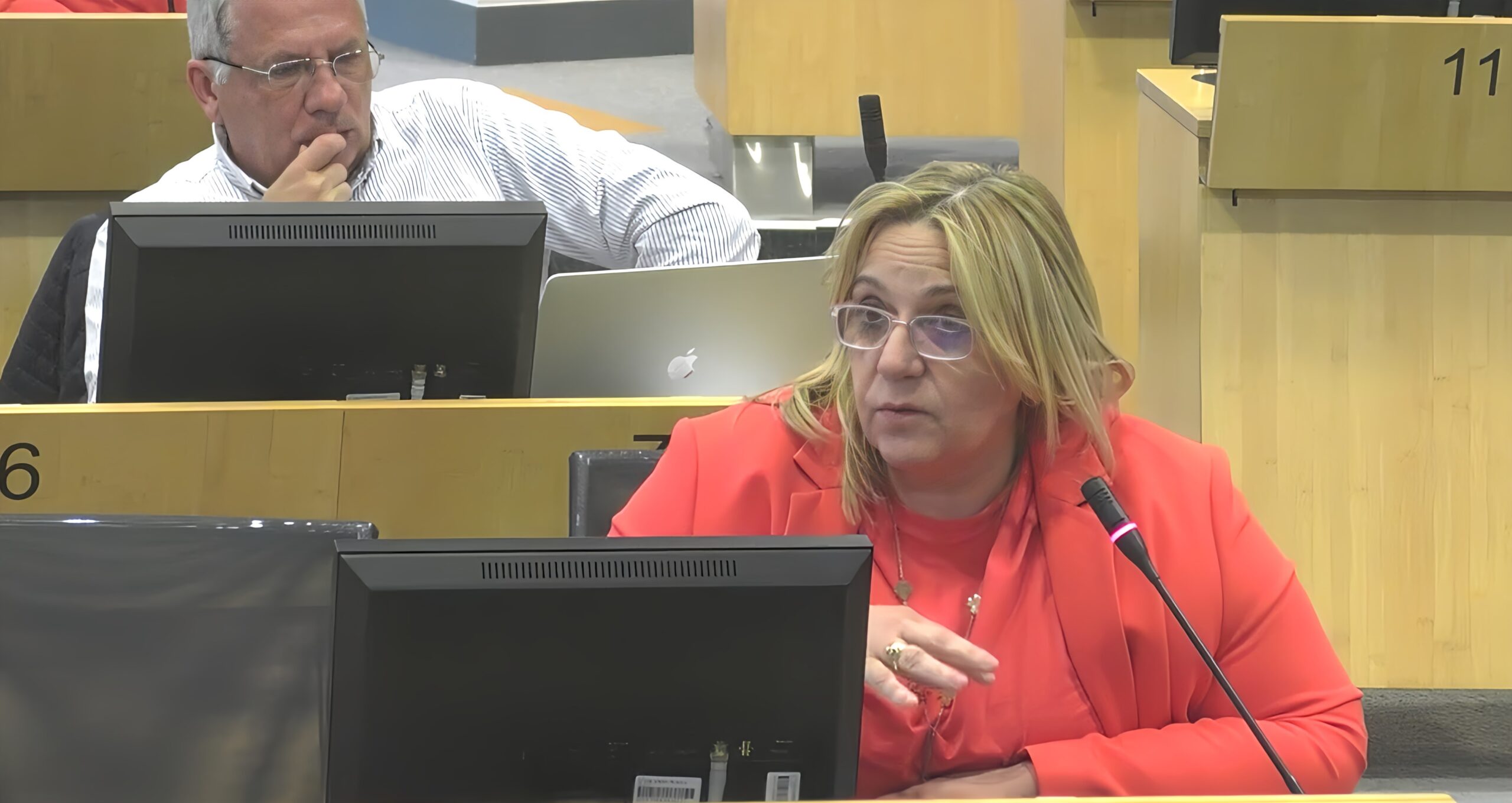
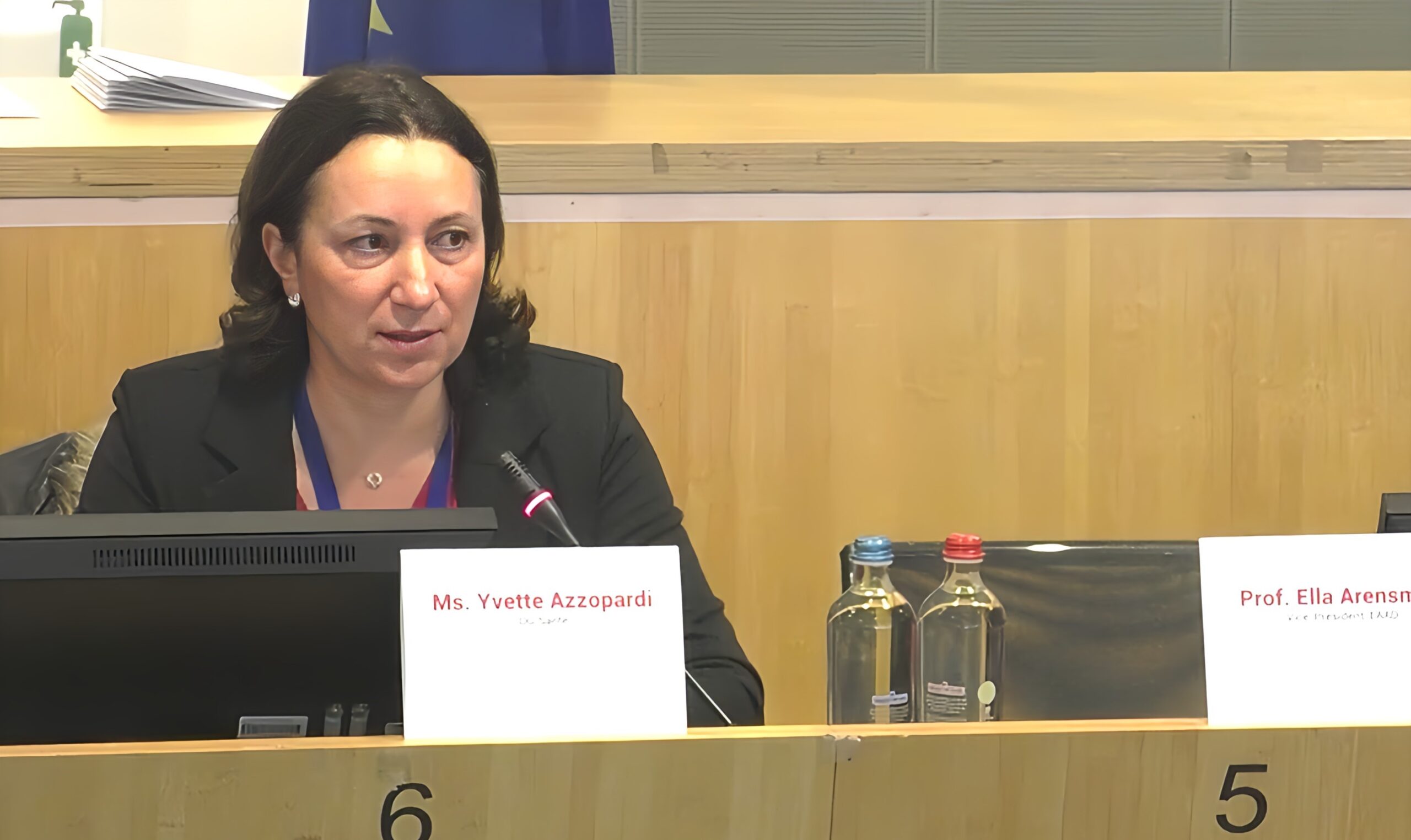
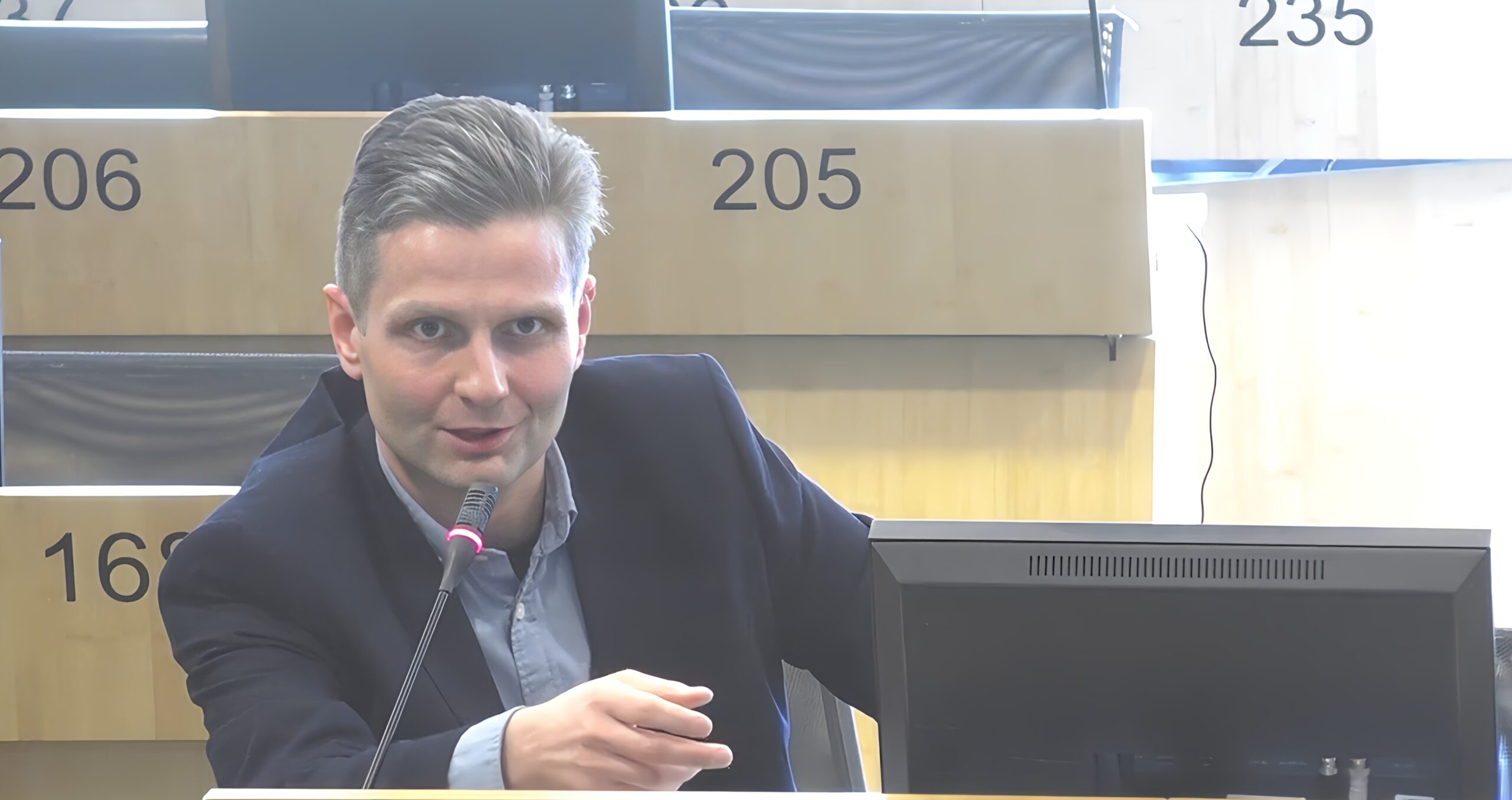
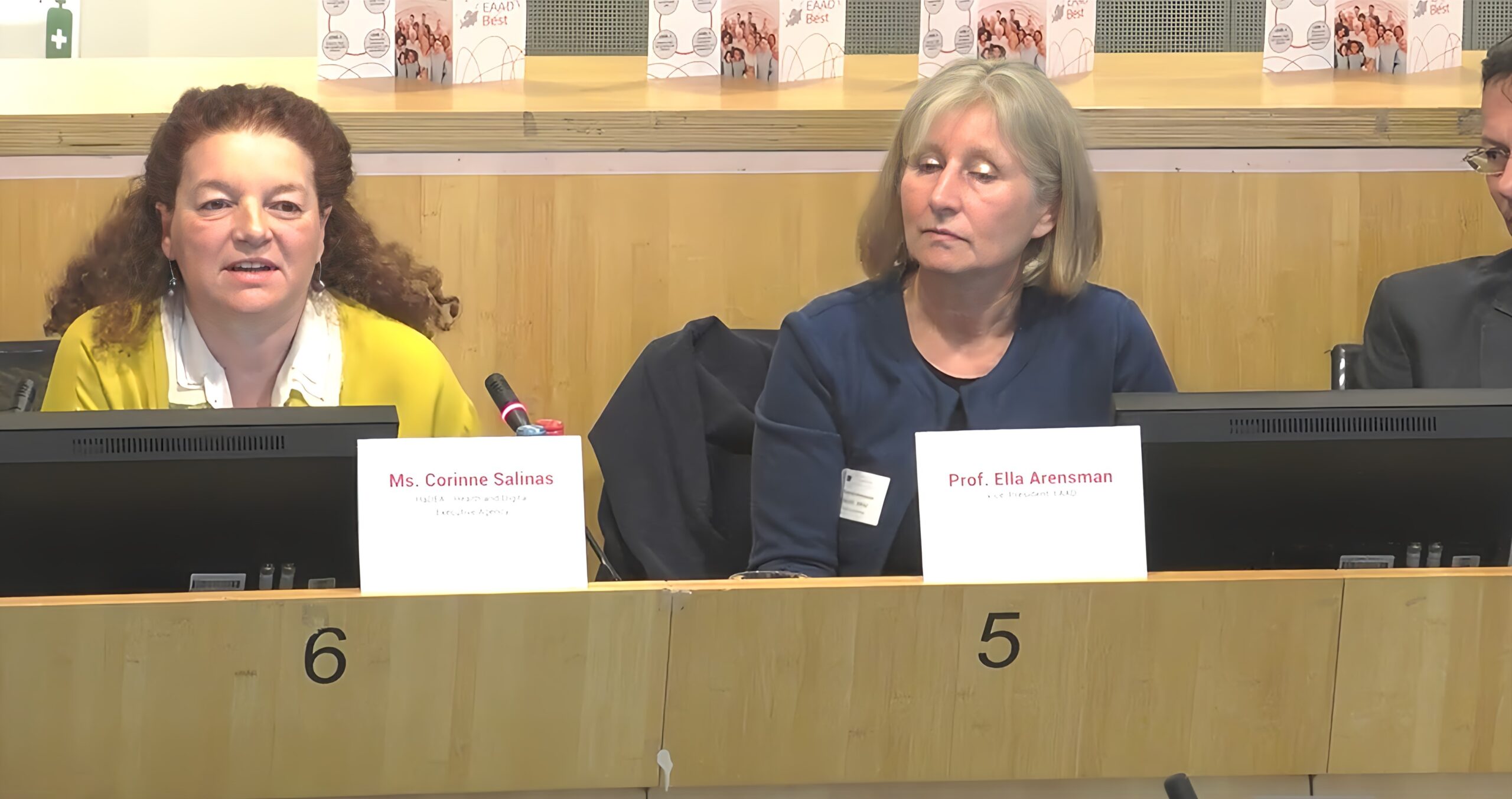
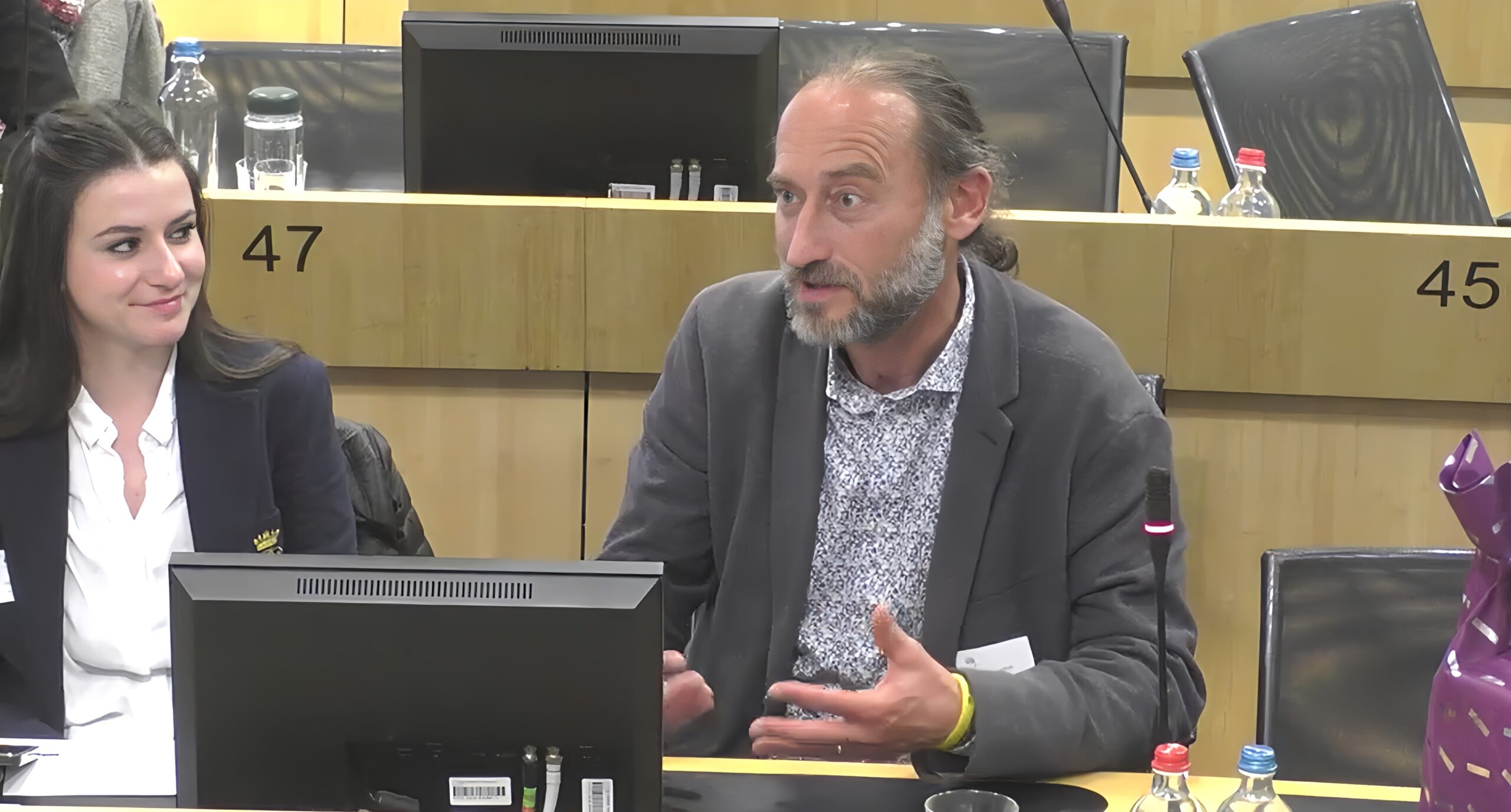
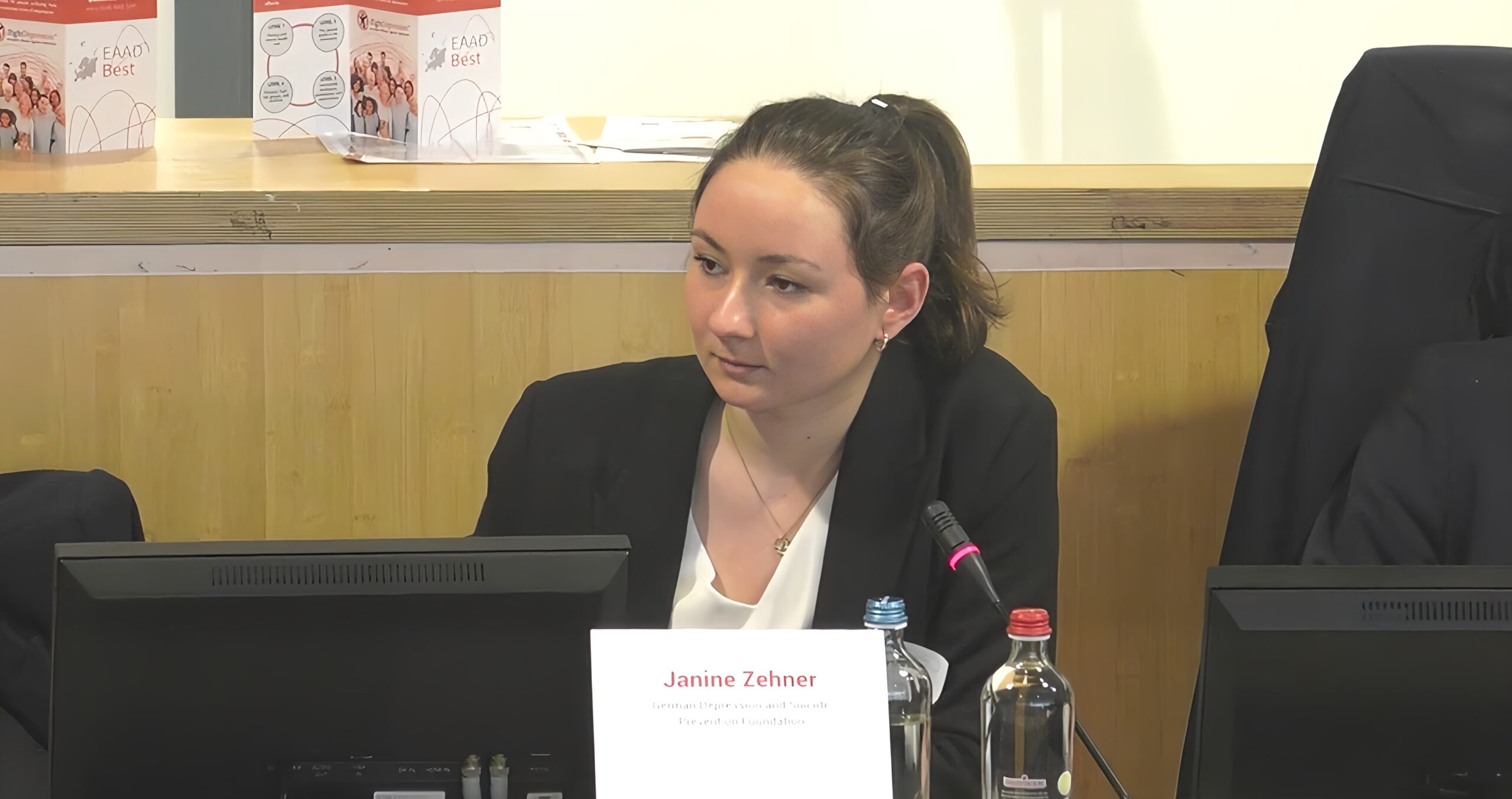
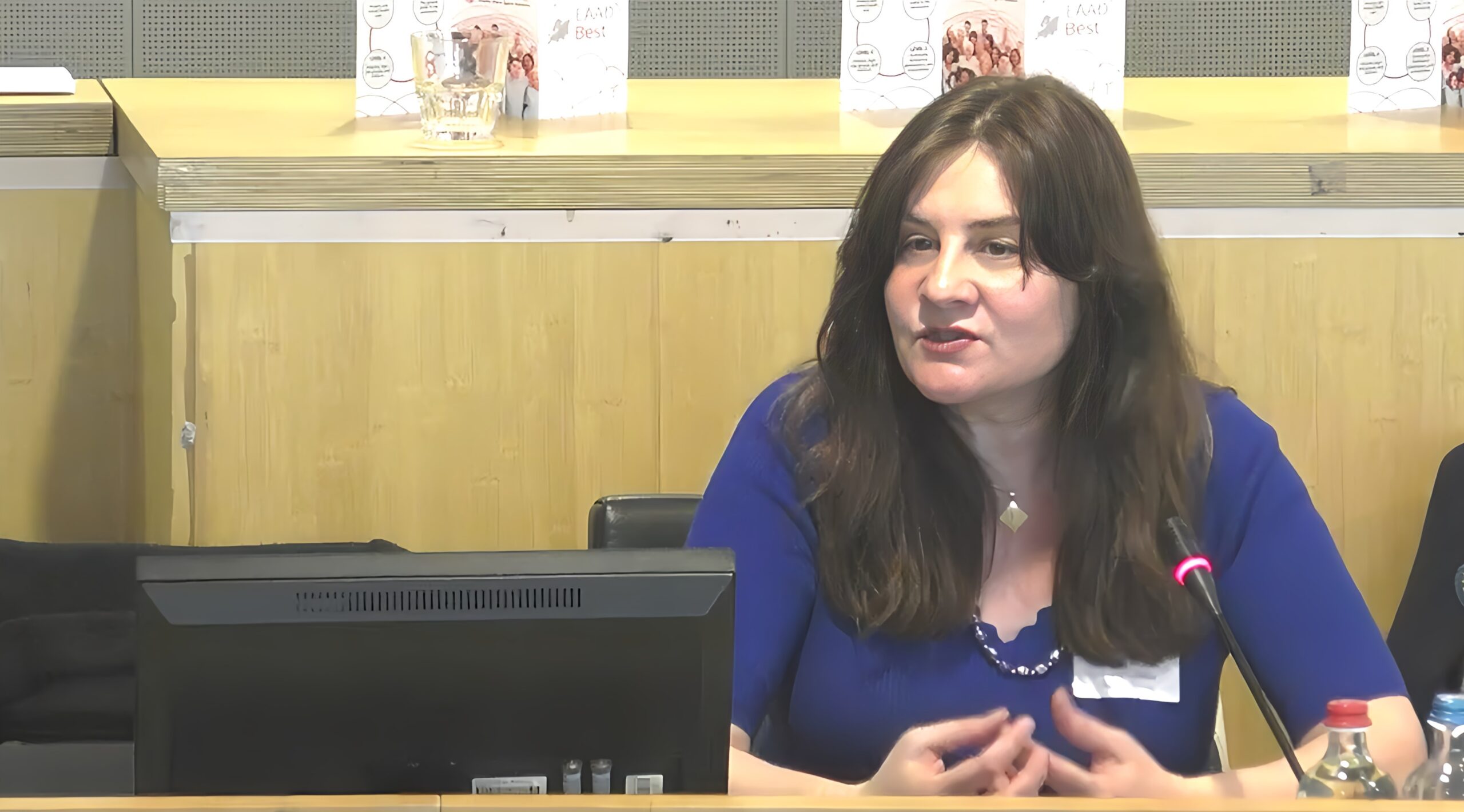
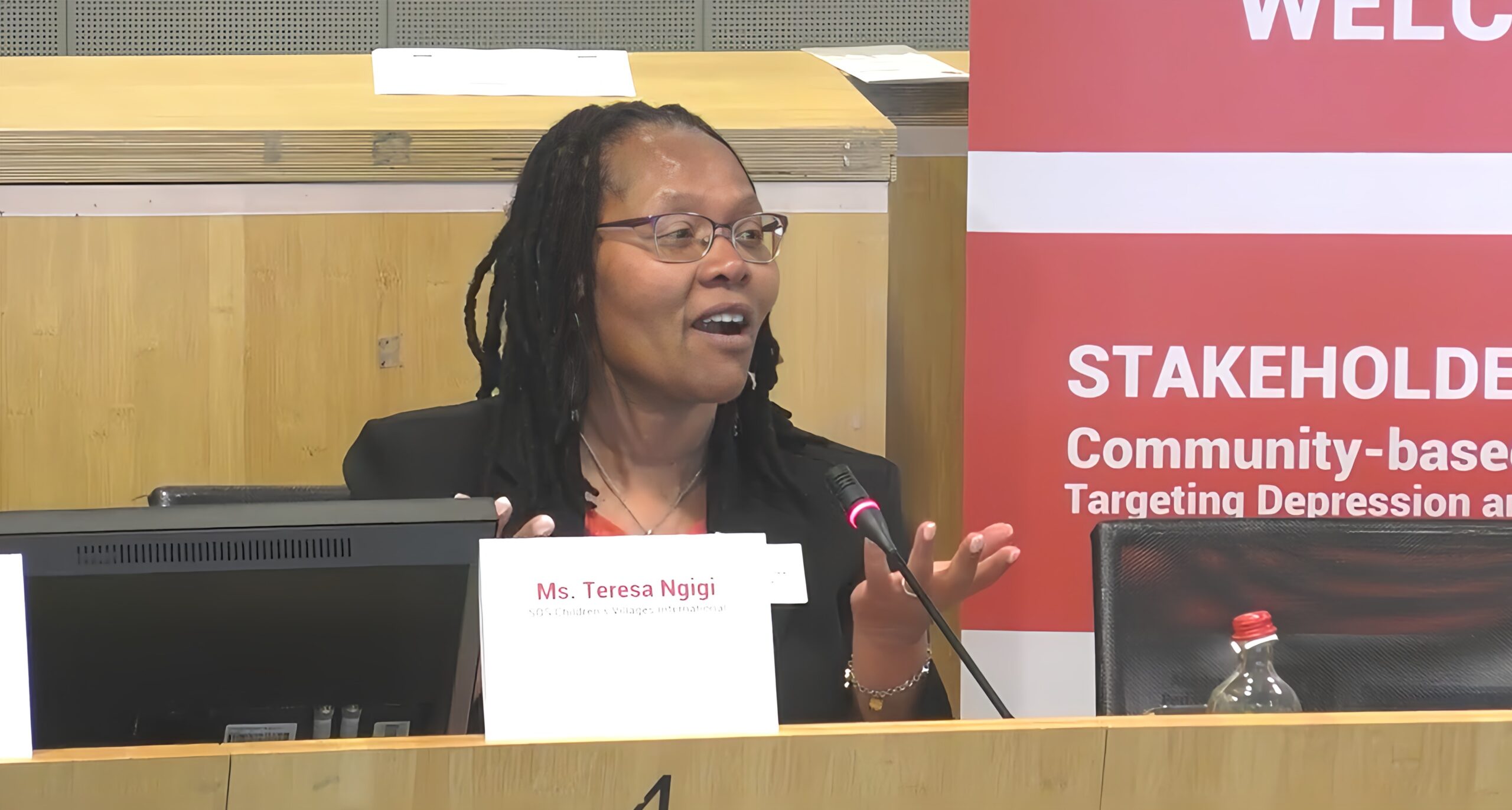
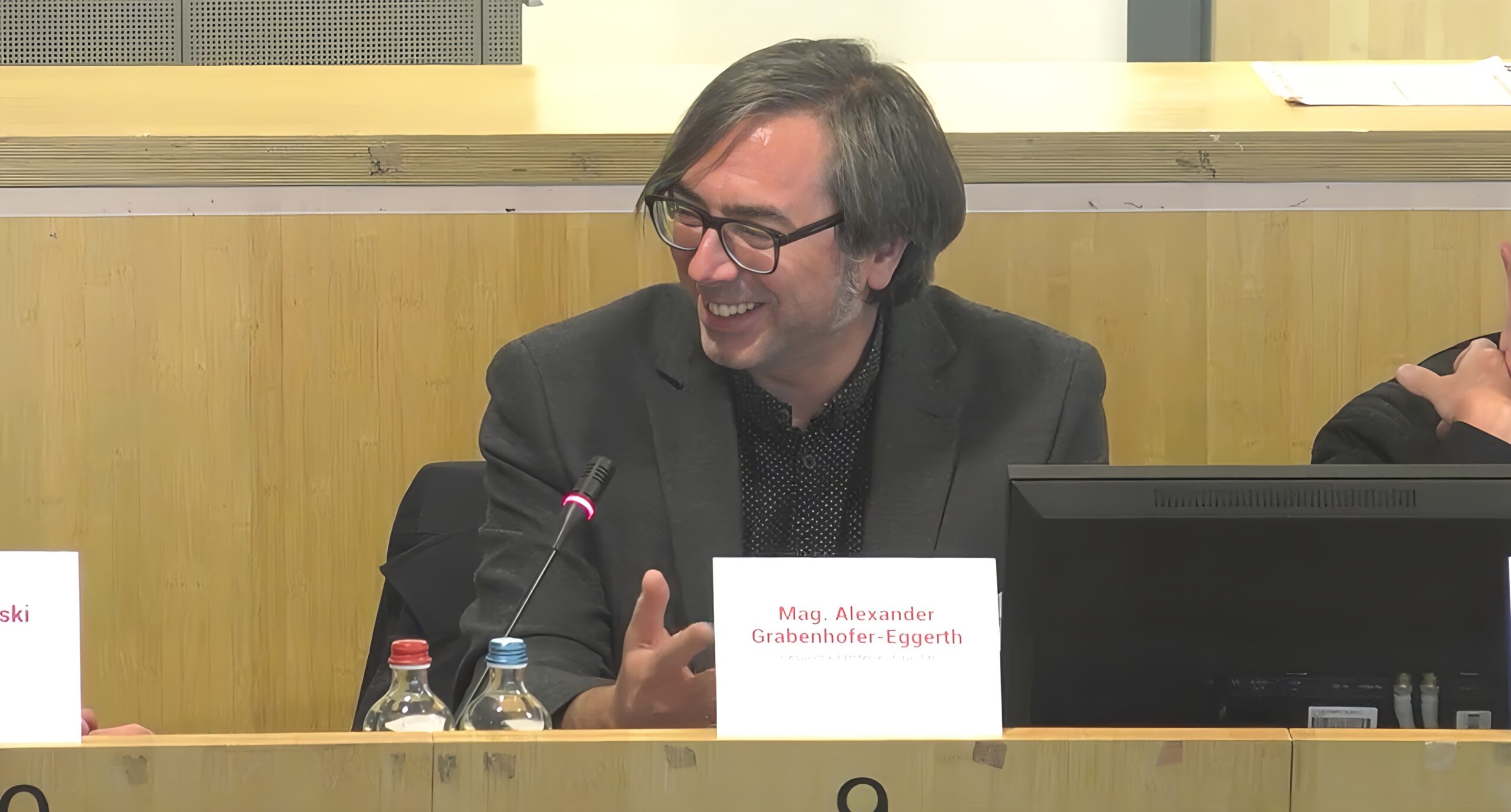
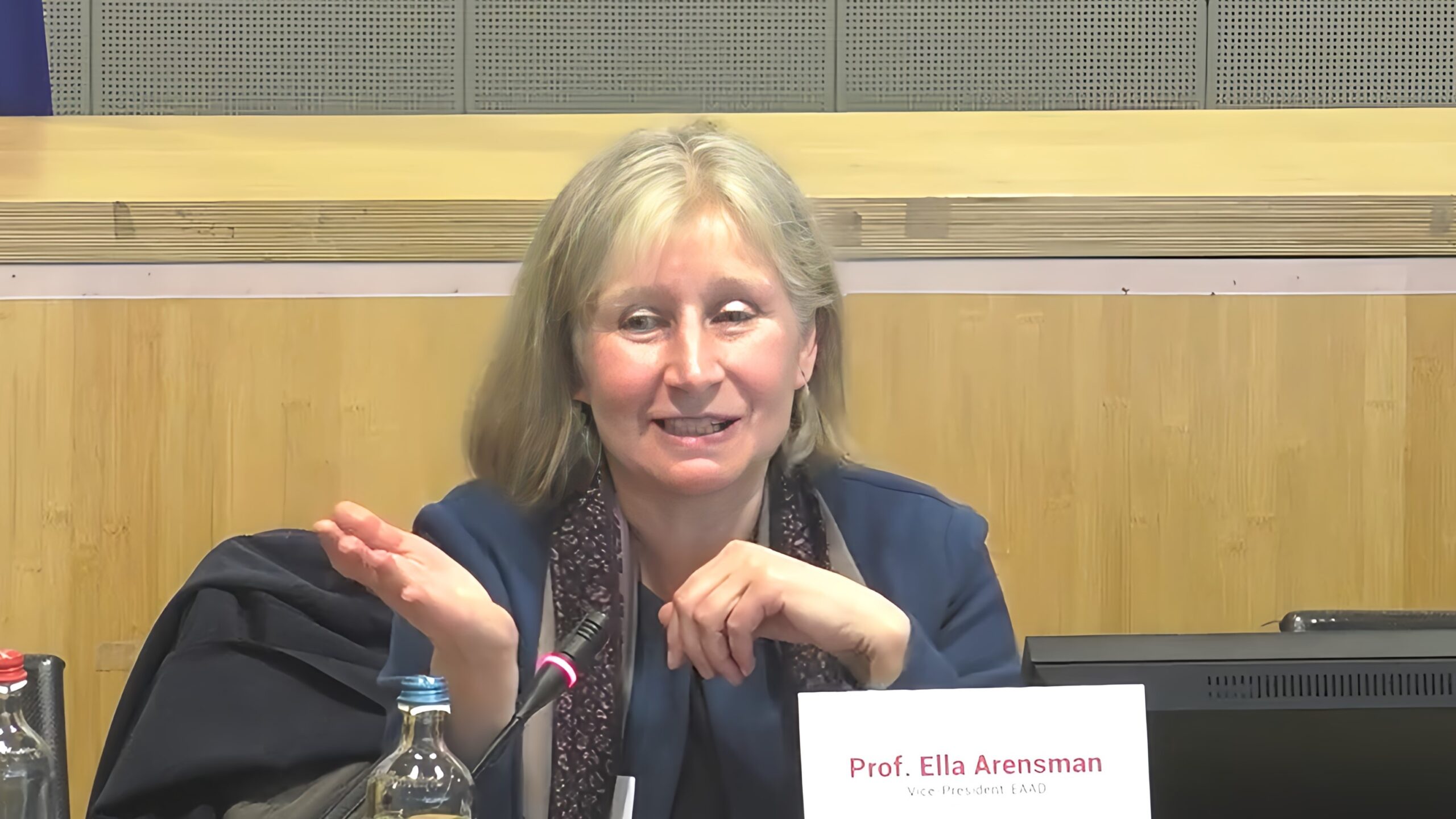
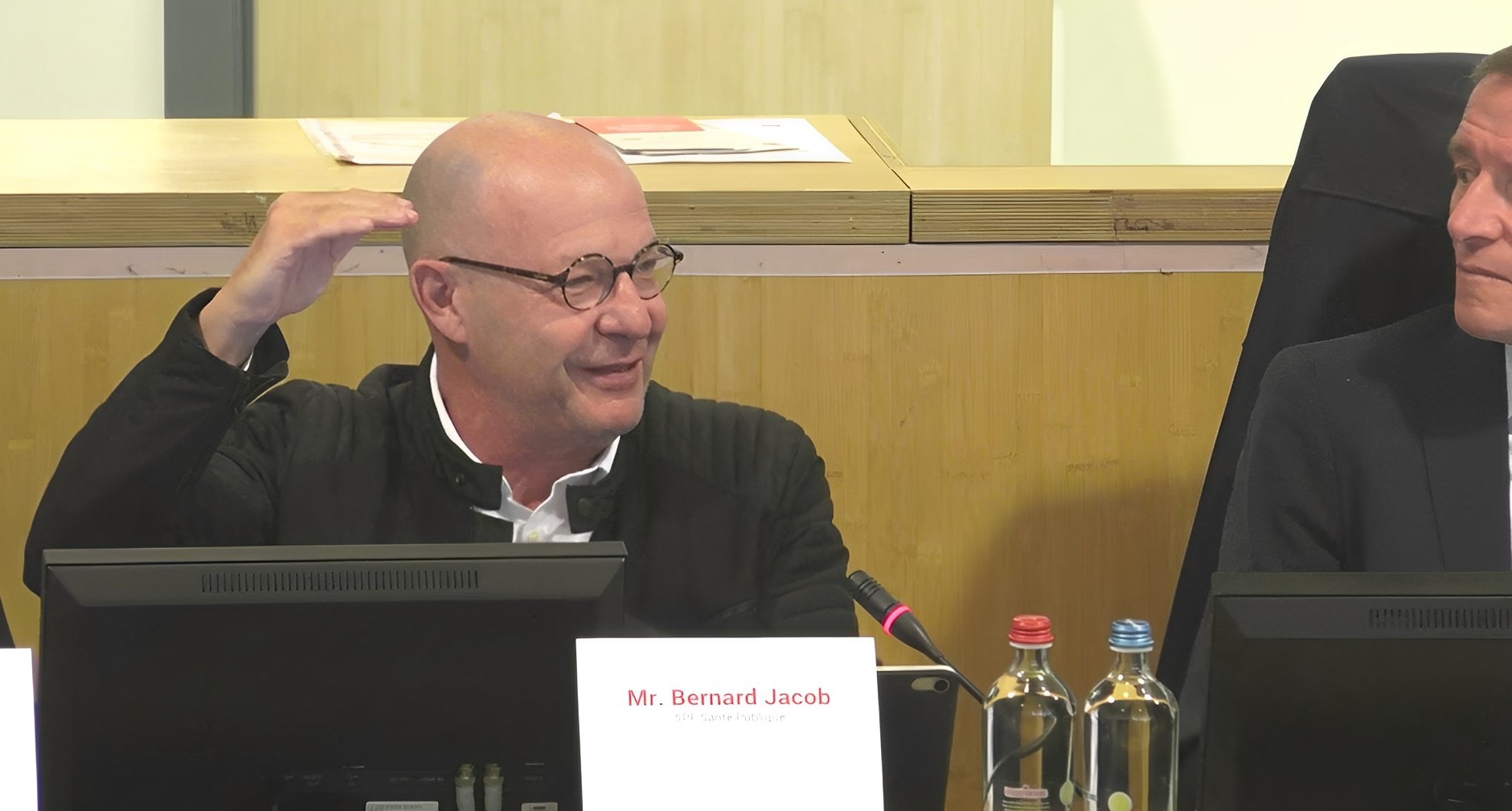
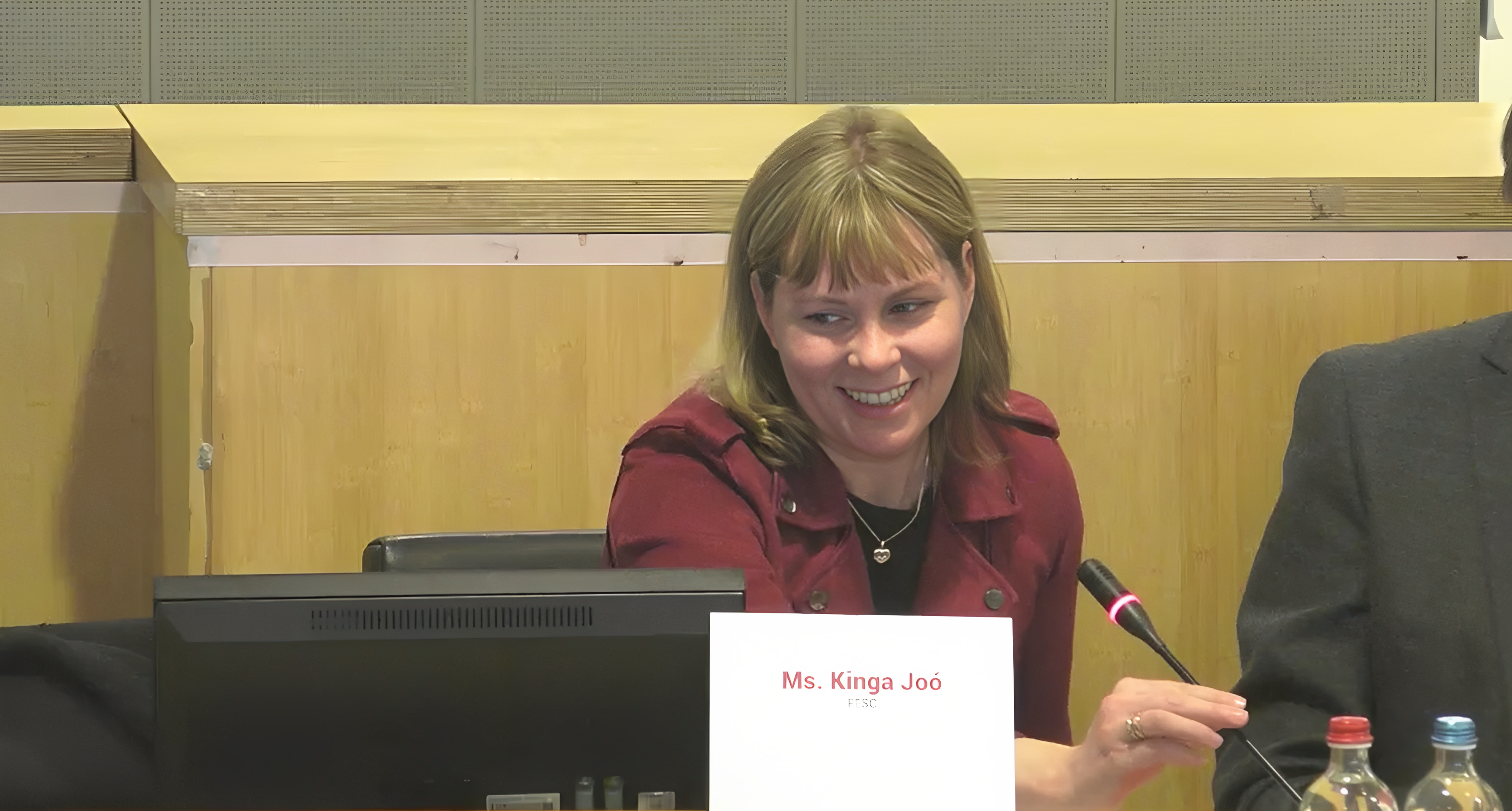
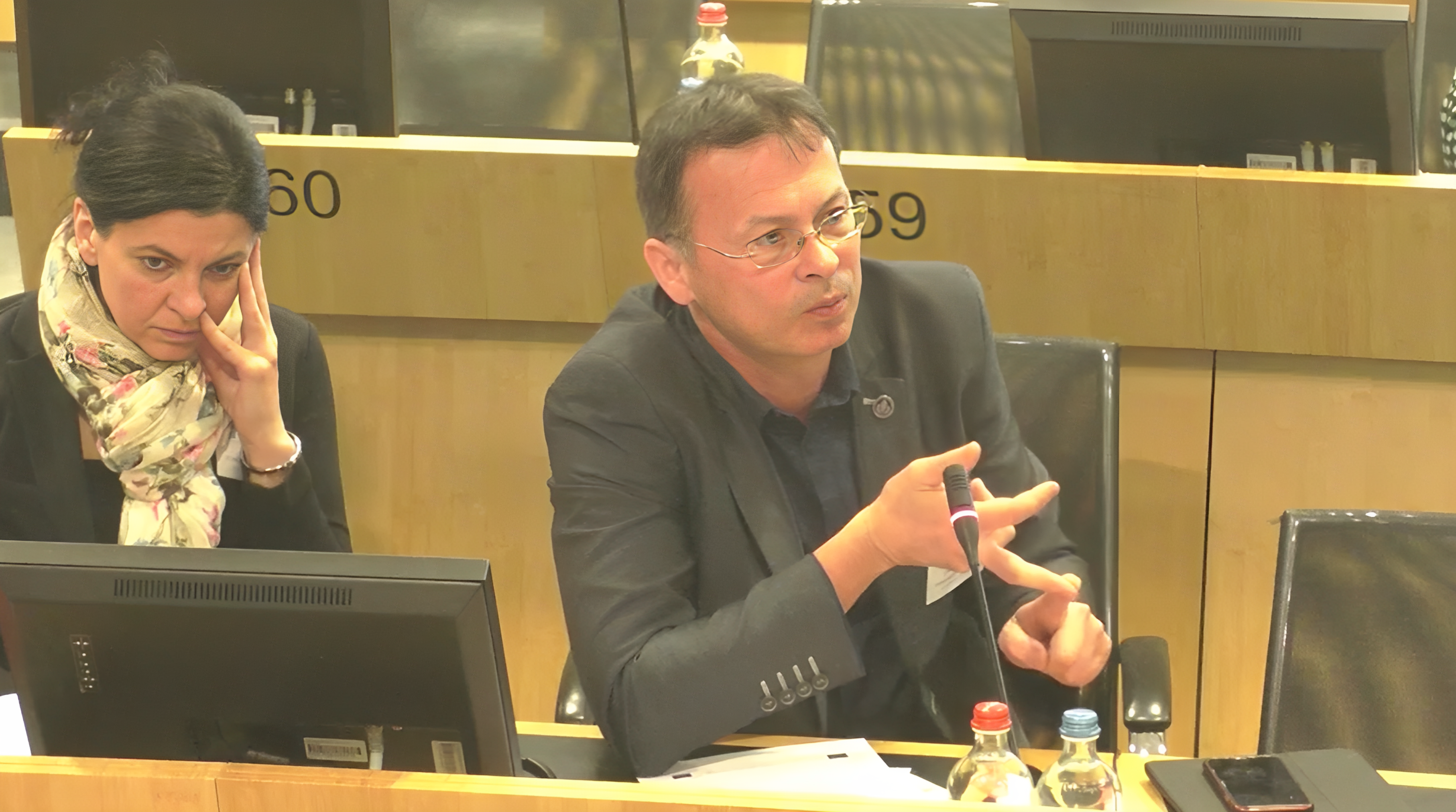
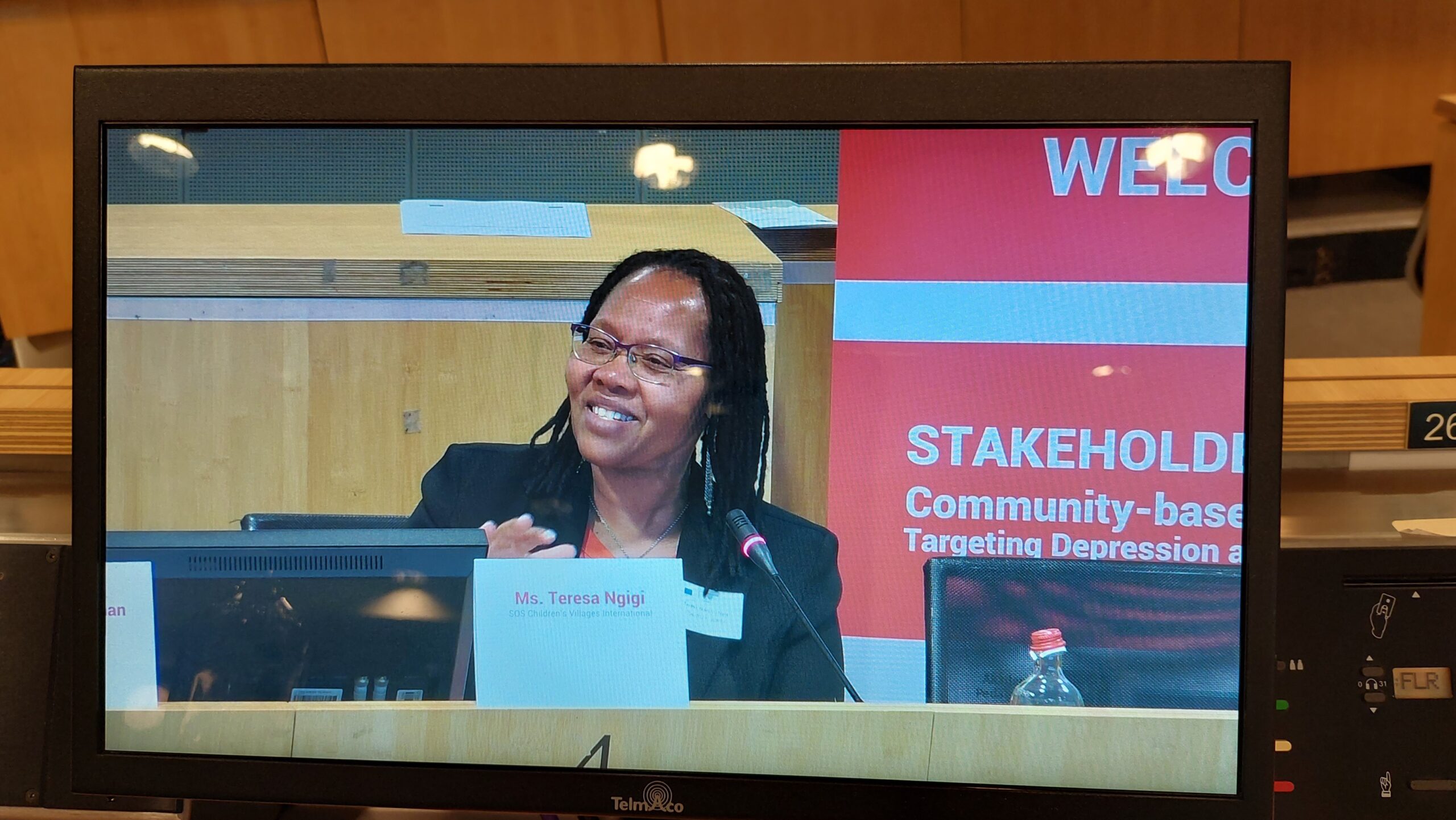
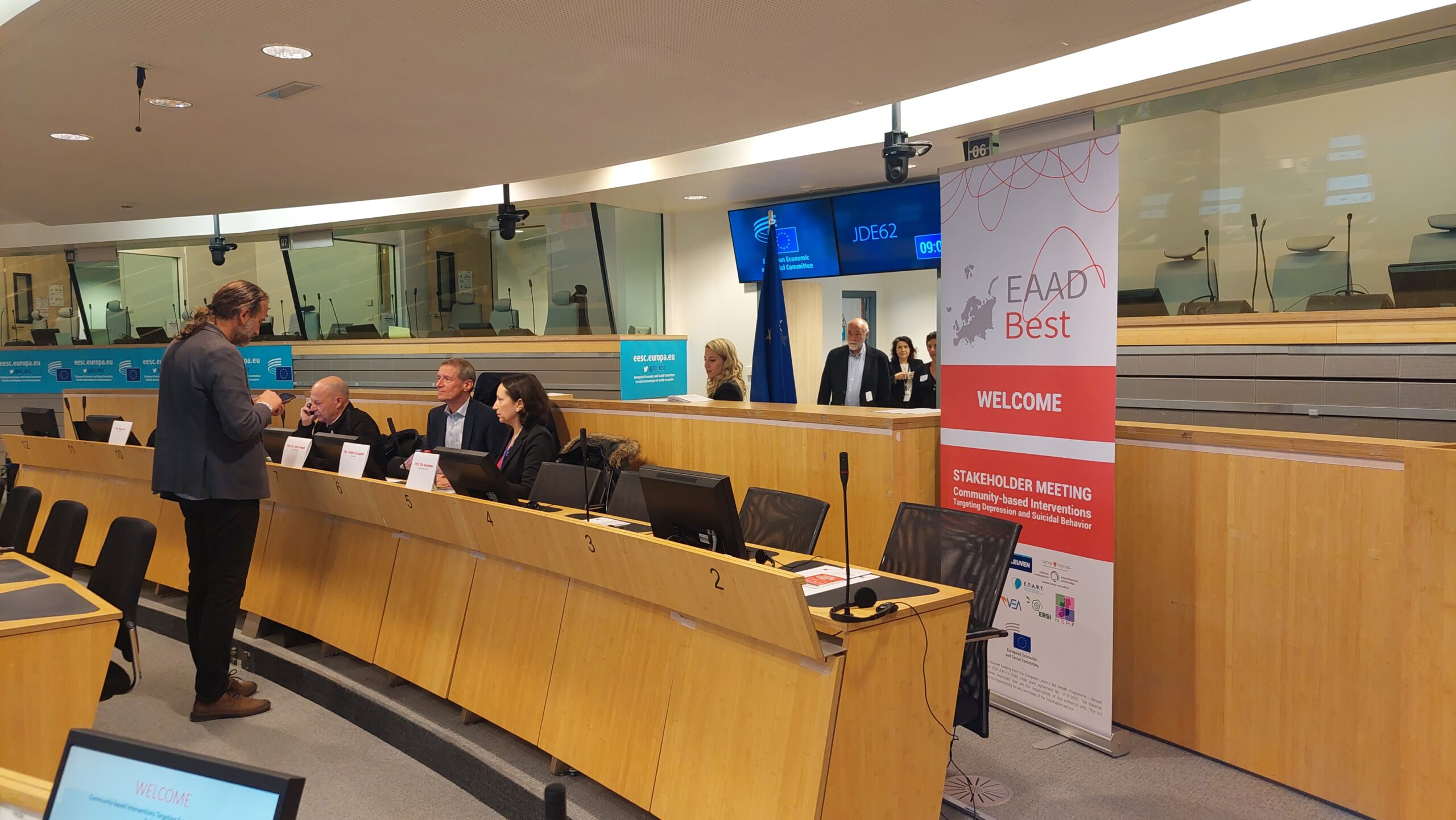

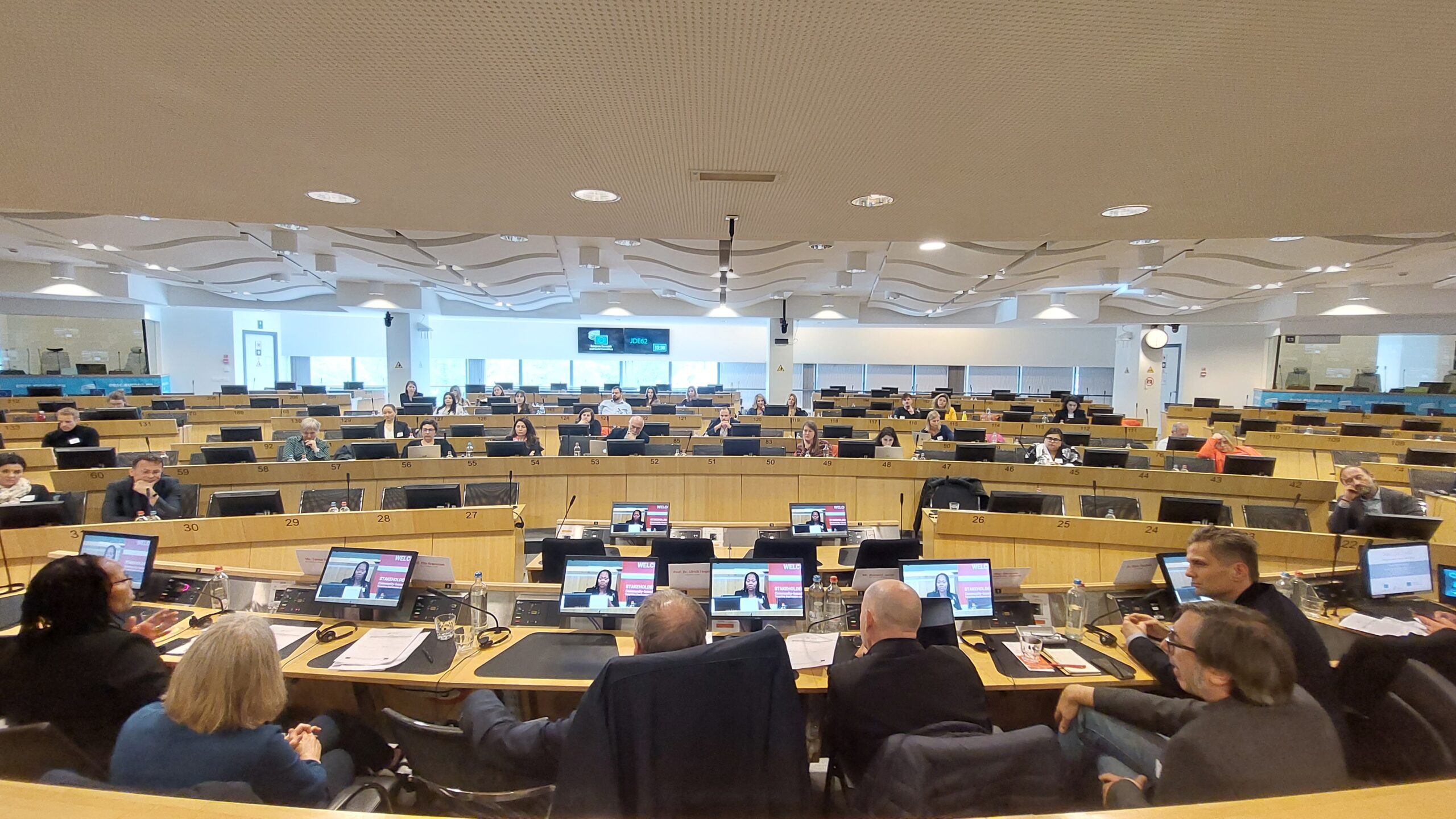
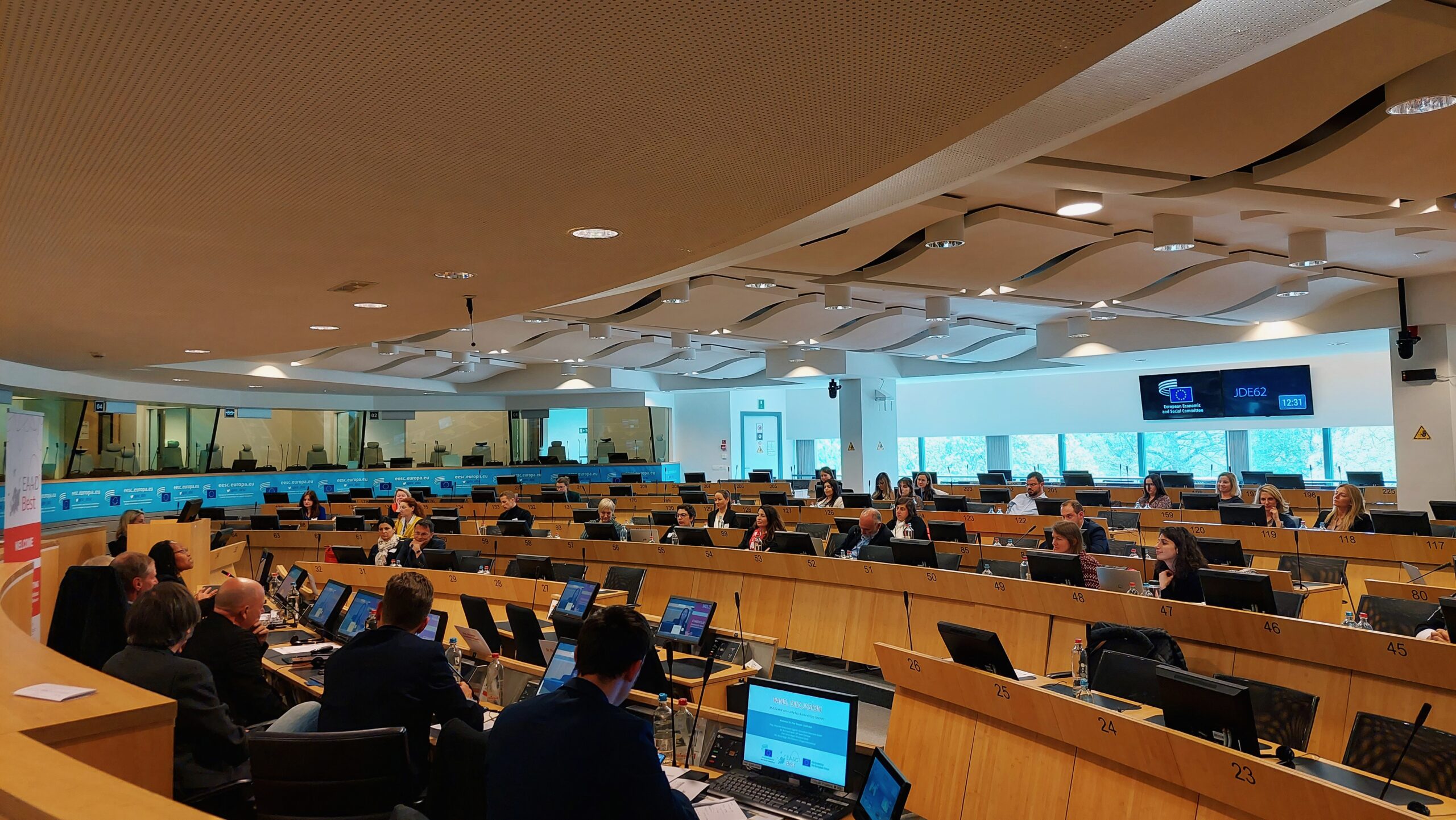
The conference highlighted the importance of collaboration among local community helpers such as GPs, psychiatrists, teachers, nurses, clergy, mental health first responders, police officers, social workers and media personnel. EAAD’s 4-level intervention approach aims to prevent depression and suicidal behaviour by building or strengthening collaboration between these professionals. As part of the 4-level intervention, information and training sessions are held for these professionals, providing opportunities for mutual acquaintance and collaboration at the local community level. This method significantly strengthens trust among helping professionals, joint assistance for at-risk individuals, general community cohesion and social capital. It is particularly important that active links are established between healthcare providers and mental health first aid telephone services.
Overall, the stakeholder meeting was successful in fostering exchange of experiences and knowledge on strategies to improve depression care and suicidal behavior prevention among stakeholders in Europe. The conference highlighted the need for action in this area and provided valuable insights into effective community-based interventions.
Speakers and moderators:










Agenda and timeline:
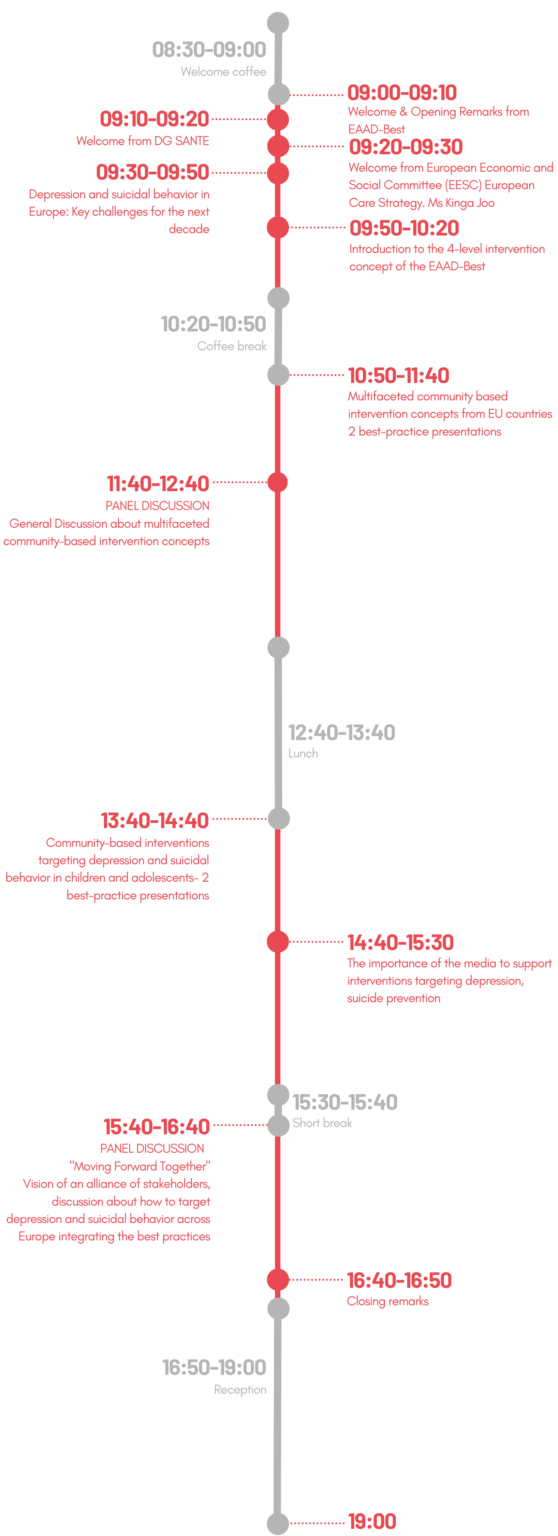
Venue

The event was hosted by the European Economic and Social Committee. The meeting was held in the Jacques Delors building at Rue Belliard 99/101 1000 Bruxelles, Belgium.
